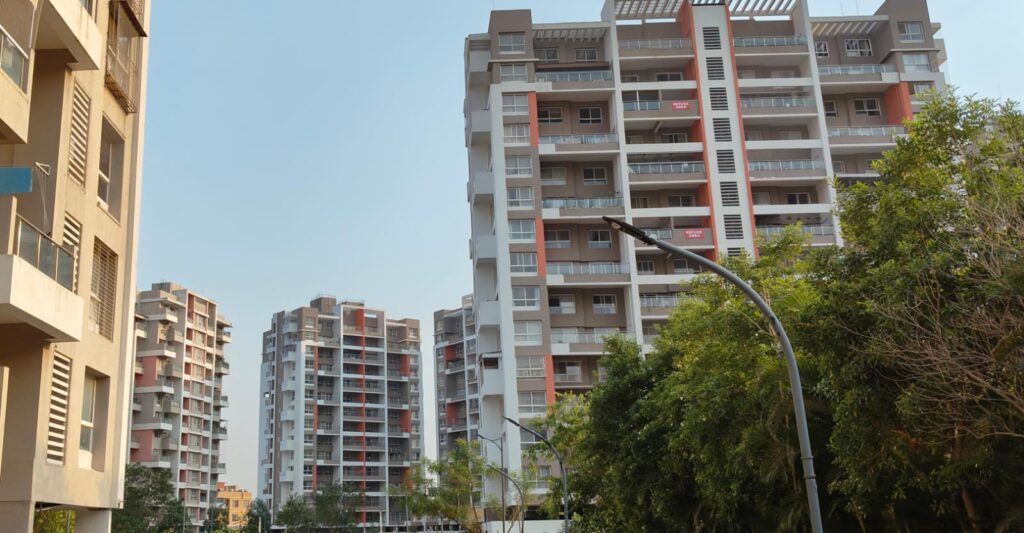18% GST to Be Charged on Full Apartment Maintenance If Monthly Charges Cross This Limit: Reports

18% GST to Be Charged on Full Apartment Maintenance If Monthly Charges Cross This Limit: Reports(Representation Image)
Apartment owners may see a rise in their monthly maintenance expenses as an 18% Goods and Services Tax (GST) will now be applicable on the entire maintenance amount—if it exceeds Rs 7,500 per month—provided the housing society’s annual turnover crosses Rs 20 lakh, reports The New Indian Express.
This means that if an individual pays more than Rs 7,500 in monthly maintenance charges and their Resident Welfare Association (RWA) or housing society has a turnover of over Rs 20 lakh annually, GST will be levied on the full amount, not just on the amount exceeding Rs 7,500.
Background
The GST Council, in its 25th meeting held in January 2018, had raised the exemption limit from Rs 5,000 to Rs 7,500 per month for the benefit of RWAs and housing societies.
For instance, if a flat owner pays Rs 9,000 in maintenance charges and the society’s turnover is over Rs 20 lakh, an 18% GST—Rs 1,620—would be added, bringing the total to Rs 10,620 per month.
Clarification from Ministry
According to the Ministry of Finance & Corporate Affairs, if a housing society’s aggregate turnover does not exceed Rs 20 lakh in a financial year, it is not required to register under GST or charge GST—even if members pay more than Rs 7,500 per month.
The ministry also stated that RWAs registered under GST can avail input tax credit (ITC) on GST paid for capital goods (e.g. generators, pumps), goods (e.g. taps, pipes), and services (e.g. repair and maintenance).
For members owning multiple apartments, the ministry clarified that the Rs 7,500 threshold is applicable separately for each flat.
What Residents Should Do
Tax experts advise residents to:
- Check whether their RWA is registered under GST
- Review their housing society’s annual turnover
- Discuss with RWAs whether input tax credit benefits can be passed on to residents
This development could lead to higher monthly outgo for residents, particularly in larger societies, unless tax credits are effectively utilized and shared.











